For many co-op and condominium buildings in New York, making necessary repairs under the City’s many local laws requires cooperation from neighboring - often physically adjacent - buildings. You may need access to your neighbor’s roof, or alleyway, or backyard, to repair your own. If your façade requires work, and a sidewalk scaffold is needed to protect pedestrians, that scaffold may well extend past your property line onto your neighbor’s property. In recent years, with such situations occurring more and more often, neighborliness can all too often take a back seat to financial considerations.
Back in the Day…
“Years ago,” says Ben Fox Tracy, a partner with Braverman Greenspun, a law firm located in New York City, “you could go to your neighbor and ask for access to do Local Law 11 work, and it was assumed they would grant access. These days, we find we are in situations where neighbors are asking for ‘quality-of-life’ provisions, and often a monthly licensing fee from the building doing the work.”
Why is that? The reality is that in a city as densely built as NYC, while your building may not be incurring the expense of the required work itself, permitting a neighboring building’s hired contractors and workers to access your property may very likely come at a cost to you. There may be plans that require the review of an architect, or an agreement that requires the eyes of an attorney - and that says nothing of the potential for noise, dust, and other disruptions as the work progresses. Nothing is truly free.
As a result, over the past 10 years or so, explains Tracy, there’s been a huge increase in requests by neighboring properties for fees just to provide access, as well as from the various contractors and professionals involved. This is now routine and has become established practice confirmed through court decisions.
Now This….
According to a recent decision in New York State Appellate Court, “The petitioner’s obligation to reimburse a respondent’s professional fees in a proceeding held pursuant to Section 881 of the Real Property Actions and Proceedings Law (RPAPL § 881). RPAPL § 881 provides that a property owner may petition a trial court for a temporary license to access an adjoining property when necessary to improve or repair a petitioner’s property and when the adjoining property owner has denied the request.”
Section 881 is not a new law. As Tracy points out, it was enacted in 1968. “Litigation under this statute has grown exponentially, in particular in the co-op/condo context. The law is unique in the respect that it’s silent on whether attorney and professional fees are included to be paid when an adjoining neighbor is sued for access. The law is silent about recovery of those fees.” Tracy explains further that in legal parlance this is known as the American Rule, which says unless a statute expressly says it, everyone pays their own way.
“Even though sec 881 is silent,” says Tracy, ”the court has taken it upon themselves to hold that the statute requires a neighbor seeking access to reimburse the other neighbor’s reasonable professional fees. The case law has evolved from this. The reason courts have held this way is because a neighbor is not seeking the intrusion, doesn’t derive any benefit from the work to be done, and as such shouldn’t have to incur cost in the process.”
Practical Advice for Co-ops & Condos
So the reality is that if you require access to your neighbor’s property, even if it’s to make repairs and corrections required by law, your building will have to pay a fee for access to your neighbor, as well as any professional fees incurred by them as well. In legal terms, real estate ownership is often referred to as a ‘bundle of rights.’ One of those rights is property access, and like an easement, the right to temporary access of your neighbor’s property does not come free - no matter how friendly you may be as neighbors.
“This predicament is a fact of life for co-ops and condos,” says Tracy. The importance of this latest ruling is that so often co-ops and condos have this type of negotiation with a neighbor, and the neighbor asks for big dollars for licensing and professional fees. The property making the request - often the board of that building - will throw up their hands and say no. But it’s an uphill battle to fight it. Especially the fees part. My best advice is to negotiate the fees, rather than end up in a lawsuit.”
Sadly, these costs are now a fact of life and law. One last piece of advice, this time from this writer: Bring some homemade cookies when you make the request. It might help.




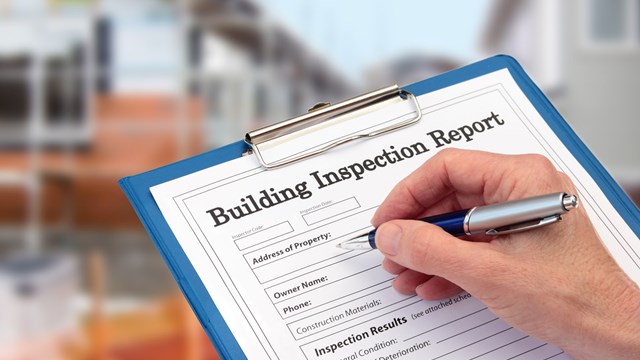
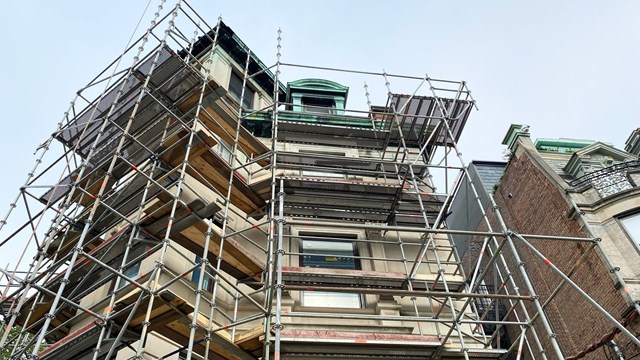
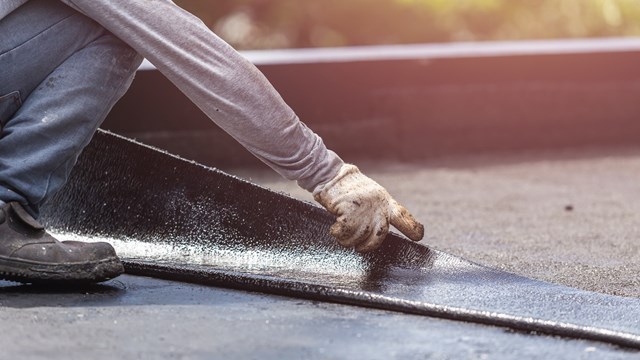
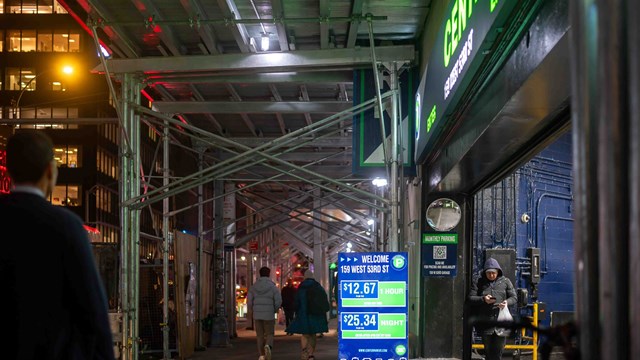
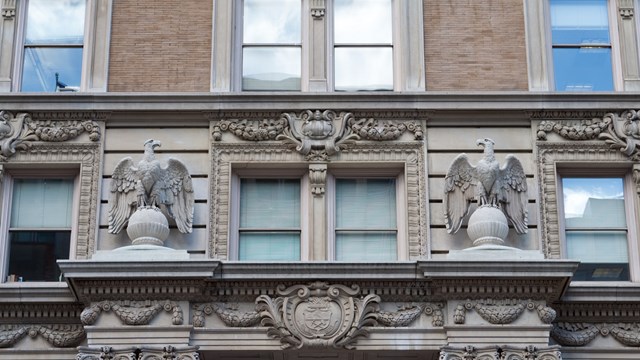
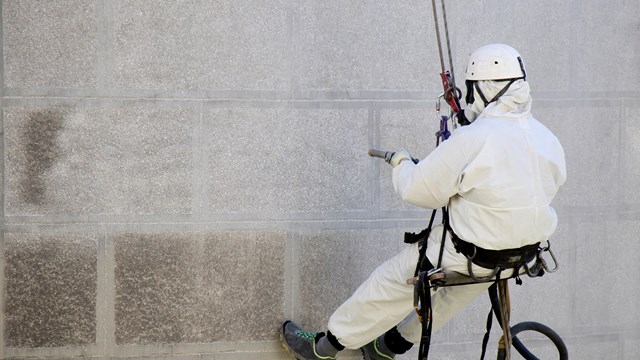
Leave a Comment